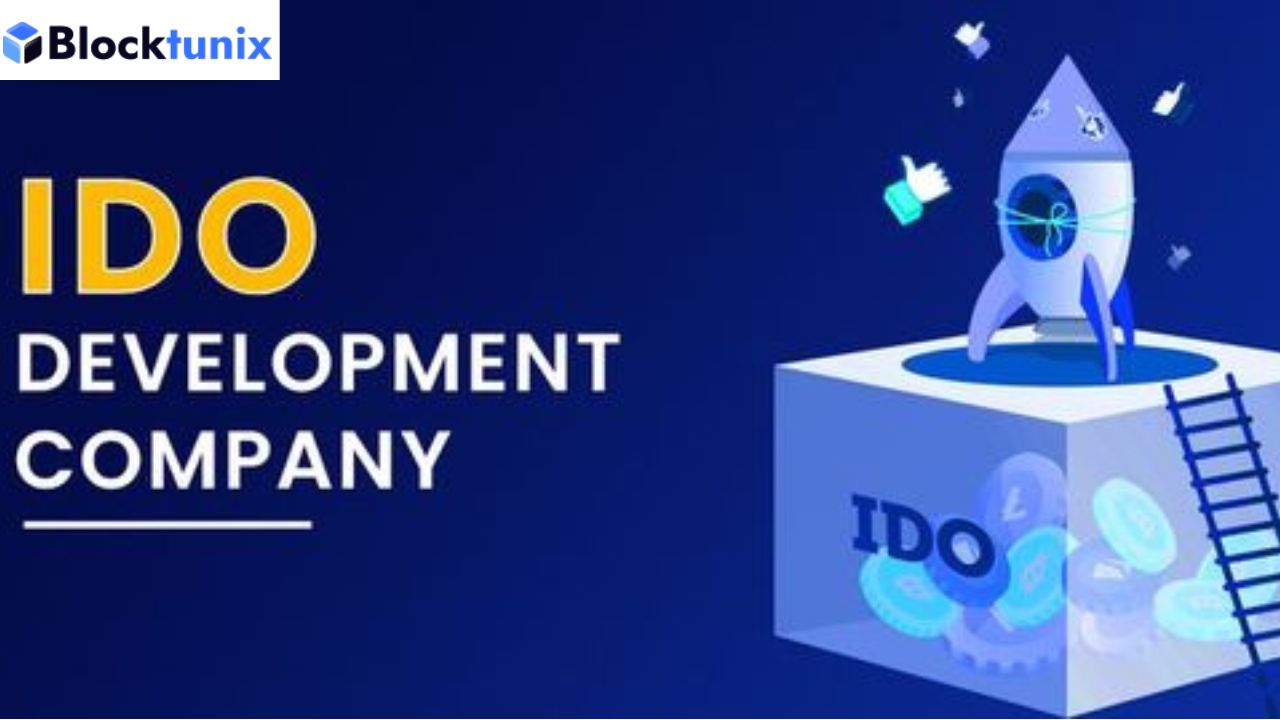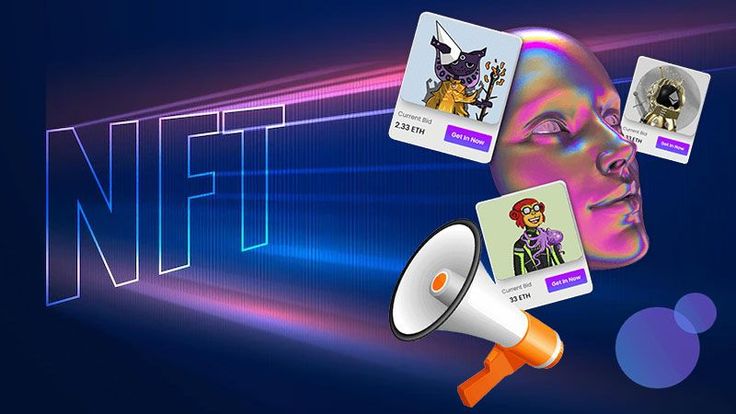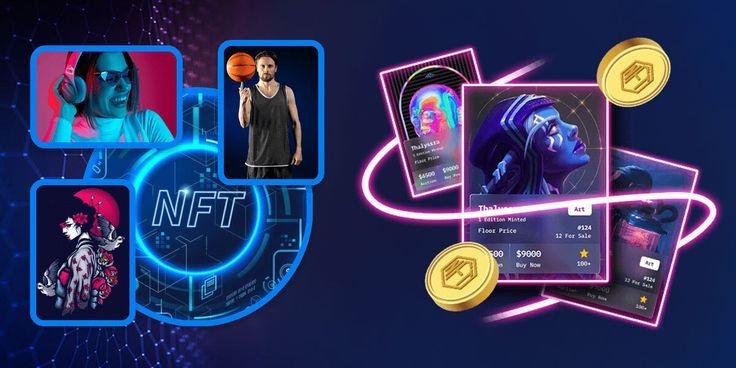 Content Gap Analysis – Find What Competitors Are Missing!
Content Gap Analysis – Find What Competitors Are Missing!
Asset Tokenization: Everything You Need to Know to Get Started
Written by Robert Tony » Updated on: June 17th, 2025

The financial world is undergoing a seismic shift, driven by the transformative power of blockchain technology. One of the most exciting developments in this space is asset tokenization, a process that is poised to revolutionize how we interact with and invest in a wide range of assets. This comprehensive guide will delve into the intricacies of asset tokenization, exploring its mechanics, benefits, challenges, and potential impact on the future of finance.
What is Asset Tokenization?
At its core, asset tokenization is the process of converting ownership rights of an asset into digital tokens on a blockchain. These tokens, often referred to as security tokens, represent a fractional or whole ownership stake in the underlying asset. Think of it like slicing a pie into smaller pieces, but instead of physical slices, you have digital tokens representing each piece. These tokens can then be easily traded, managed, and tracked on a blockchain, offering increased liquidity, transparency, and accessibility compared to traditional asset ownership.
The assets that can be tokenized are incredibly diverse, spanning a broad spectrum:
- Real Estate: From individual properties to entire portfolios, real estate can be tokenized, allowing for fractional ownership and easier investment.
- Financial Instruments: Stocks, bonds, and other securities can be tokenized, streamlining trading and potentially reducing costs.
- Commodities: Gold, oil, and other commodities can be tokenized, offering investors easier access to these markets.
- Art and Collectibles: High-value art pieces and collectibles can be tokenized, democratizing access to these traditionally exclusive assets.
- Intellectual Property: Patents, copyrights, and trademarks can be tokenized, facilitating the trading and management of intellectual property rights.
- Private Equity: Tokenization can open up private equity investments to a wider range of investors, increasing liquidity in this traditionally illiquid market.
How Does Asset Tokenization Work?
The process of asset tokenization involves several key steps:
Asset Evaluation and Structuring: The asset to be tokenized is carefully evaluated and appraised to determine its fair market value. The legal and financial structure of the token offering is also defined, including the rights and obligations of token holders.
Token Creation: Digital tokens representing ownership in the asset are created on a blockchain platform. This involves defining the token's characteristics, such as its name, symbol, total supply, and any associated rights or privileges.
Smart Contract Development: A smart contract, a self-executing agreement written in code, is created to govern the token and the underlying asset. This smart contract automates key processes, such as token distribution, dividend payments, and voting rights.
Token Offering: The tokens are offered to investors through a Security Token Offering (STO) or other fundraising mechanism. This process typically involves KYC/AML compliance to ensure regulatory compliance.
Token Trading: Once issued, the tokens can be traded on secondary markets, such as security token exchanges.
Benefits of Asset Tokenization:
Asset tokenization offers a multitude of benefits for both issuers and investors:
- Increased Liquidity: Tokenization can significantly increase the liquidity of traditionally illiquid assets. Fractional ownership allows for smaller investments, making it easier for investors to buy and sell tokens.
- Enhanced Accessibility: Tokenization democratizes access to high-value assets, allowing smaller investors to participate in markets that were previously only accessible to institutional investors or the very wealthy.
- Greater Transparency: Blockchain technology provides a transparent and immutable record of all token transactions, increasing trust and reducing the risk of fraud.
- Reduced Costs: Tokenization can streamline administrative processes and reduce transaction costs associated with traditional asset transfers.
- Faster Settlement: Blockchain-based transactions can settle much faster than traditional transactions, reducing settlement risk and improving efficiency.
- Fractional Ownership: Tokenization allows for fractional ownership, enabling investors to own a portion of an expensive asset, making it more affordable and accessible.
- Automated Compliance: Smart contracts can automate compliance processes, reducing the administrative burden and ensuring adherence to regulatory requirements.
Challenges of Asset Tokenization:
Despite its numerous advantages, asset tokenization also faces several challenges:
- Regulatory Uncertainty: The regulatory landscape surrounding asset tokenization is still evolving. Clearer regulatory frameworks are needed to provide certainty for issuers and investors.
- Technical Complexity: Developing and managing tokenized assets requires technical expertise in blockchain technology and smart contract development.
- Market Adoption: Wider adoption of asset tokenization requires education and awareness among investors and market participants.
- Security Risks: While blockchain technology is generally secure, there are still potential security risks associated with smart contracts and token exchanges.
- Interoperability: Ensuring interoperability between different blockchain platforms and token standards is crucial for the growth of the asset tokenization market.
The Future of Asset Tokenization:
Asset tokenization is still in its early stages, but it has the potential to transform the financial landscape. As the technology matures, regulatory frameworks become clearer, and market adoption increases, we can expect to see a wider range of assets being tokenized. For businesses looking to leverage this technology, working with an experienced asset tokenization development company is key to success.
This will create new investment opportunities, increase market efficiency, and democratize access to previously exclusive assets. The future of finance is likely to be increasingly tokenized, and asset tokenization is poised to play a central role in this transformation. The convergence of blockchain technology, smart contracts, and traditional finance is creating a new paradigm, and asset tokenization is at the forefront of this exciting revolution.
Note: IndiBlogHub features both user-submitted and editorial content. We do not verify third-party contributions. Read our Disclaimer and Privacy Policyfor details.
Copyright © 2019-2025 IndiBlogHub.com. All rights reserved. Hosted on DigitalOcean for fast, reliable performance.













